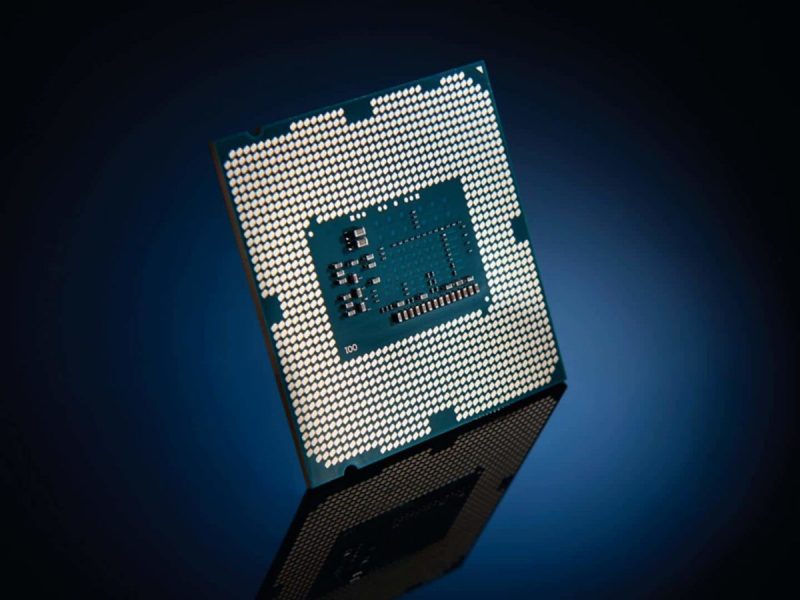Intel is having a hard time keeping their chips in stock lately, and that is likely to continue for the next year as well. There were reports that Intel made deals with TSMC and placed orders for their 7nm chips. Now It looks like they will not benefit even from this additional manufacture capacity.
An article from DigiTimes mentions that this partnership between Intel and TSMC is not long term. TSMC considers Intel a temporary customer and has no plans to extend its fabrication capabilities to meet Intel’s stock requirements. Representatives at TMSC said that they see themselves more as a rescuer than a long term supplier for Intel.
Although TSMC already builds some chipsets and FPGAs for Intel. Intel has the policy to manufacture its silicon, and they do not outsource chip manufacturing. Intel has 15 chip fabrication plants around the world and is quite proficient in meeting its demand. They would have continued this, but according to intel, they experienced some problems in their 7nm node manufacture process.

Initially, we heard that intel had ordered 180,000 wafers based on the latest 6nm process. The 6nm manufacture process is an optimized version of older 7nm design. These chips could be for the new Tiger lake CPUs or the Xe Graphics cards that intel also has in the works.
Also read: Intel could announce the new Xe Graphics very soon
With that said, TSMC is also not in desperate need of Intel’s partnership. TSMC is booked for the next years in their 7nm manufacture capacity from companies like AMD, Apple, and Nvidia. There is, however, an opening for intel with the end in TSMC- Huawei partnership around September. So intel might make more deals with the fabricator in the near future.
The 6nm orders are most likely for the Ponte Vecchio GPU’s going inside the new Intel Xe high performance compute cards. Intel has a contract with the US government to build the Aurora supercomputer, which will need a lot of those. The order can very well be a temporary fix to deliver this project on time since they hit a rock with their manufacturing process. With TSMC manufacturing the wafers Intel will be able to provide this computer in time to the US government.

This rumor can very well be true because of the lack of enthusiasm from TSMC shows that they don’t think it is a permanent collaboration. TSMC also has prior experience in manufacturing silicon for graphics applications so that it will be the most viable solution for Intel.
TSMC is not looking for new partnerships, as we earlier said. The manufacturer had free space even before they announced delays with Intel’s 7nm process. Even then, they were not to keen on agreeing to fill up the extra capacity. In addition, we now have reports that TSMC will not be creating additional capacity for Intel’s deadlines.
Consequently, Intel’s shortages will continue this year, as well. They do believe that the delay in production is just a hiccup, and they will be back on track in six months. Intel says that their supply will be back to schedule hopefully by 2023.


